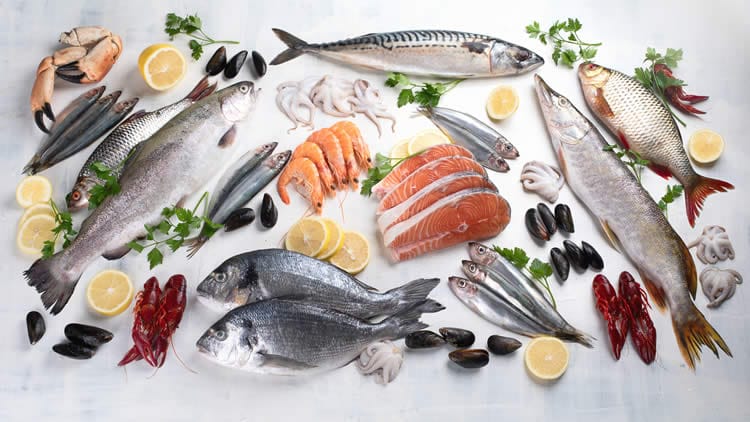Seafood and Inflammation: How Fish and Shellfish Can Help Reduce Inflammation
Eating seafood rich in anti-inflammatory properties can help alleviate chronic inflammation and reduce the risk of diseases like arthritis, diabetes, and heart disease.
Seafood has long been recognized as a healthy food option, rich in nutrients and omega-3 fatty acids. But did you know that seafood can also help reduce inflammation? Chronic inflammation is a known contributor to various diseases, including arthritis, diabetes, heart disease, and even depression. Eating seafood rich in anti-inflammatory properties can help alleviate these conditions.
How Seafood Reduces Inflammation
Seafood contains a wealth of anti-inflammatory compounds, including omega-3 fatty acids, antioxidants, and polyphenols. These nutrients work together to reduce inflammation by:
- Inhibiting the production of pro-inflammatory molecules
- Reducing the activity of enzymes that promote inflammation
- Protecting against oxidative stress and cell damage
Best Seafood for Reducing Inflammation
While all seafood contains some level of anti-inflammatory compounds, certain types stand out for their high content of omega-3s and antioxidants. These include:
- Fatty fish like salmon, tuna, and sardines
- Shellfish like mussels, oysters, and scallops
- Crustaceans like shrimp and lobster
Additional Tips
- Eat a variety of seafood to get a range of anti-inflammatory compounds
- Choose wild-caught and sustainably sourced seafood whenever possible
- Combine seafood with other anti-inflammatory foods, like fruits, vegetables, and whole grains, for maximum benefit













